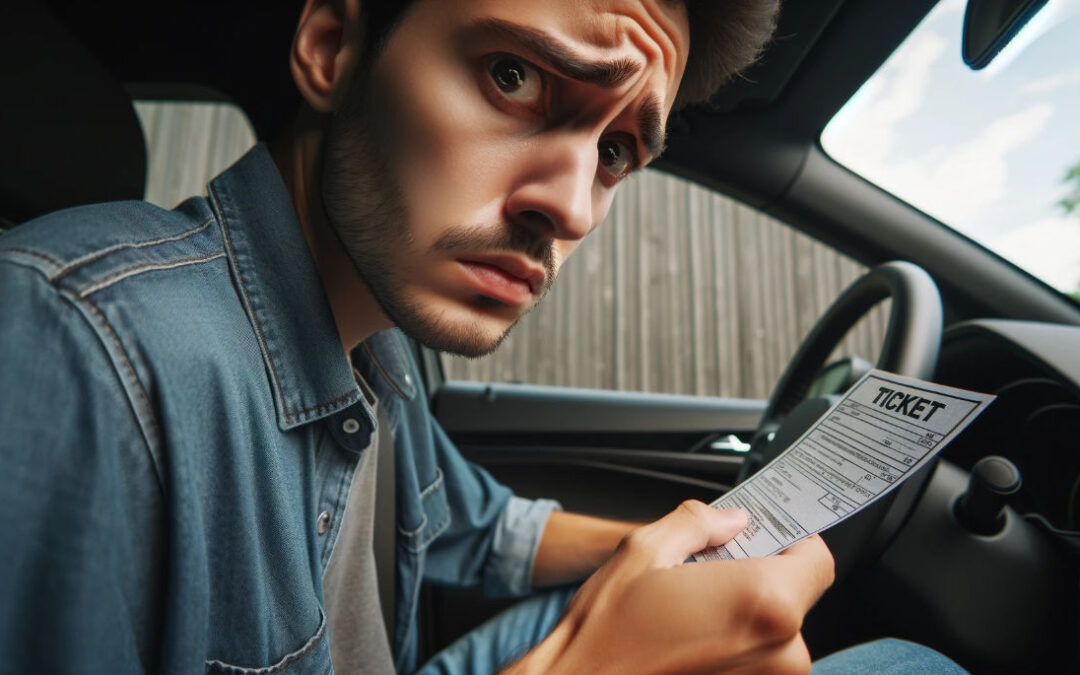What you can expect when you are charged with speeding and reckless driving depends on the several factors.
In today’s post we’re going to go over the main ones and explain how they affect cases like yours.
The county where you were ticketed is a major consideration.
North Carolina is divided into several judicial districts, and each district has an elected district attorney and judges. Every DA has their own policy with regard to how they respond to speeding and reckless charges.
Some DA’s are more conservative than others. Likewise, all judges have their own tendencies and nuances. Some are more lenient than others.
For example, a driver charged with speeding 90 mph in Yadkin County might get a reduction to improper equipment under the right circumstances. But a driver with the exact same charge in next-door Davie County may not get the same. This is simply because Davie County has stricter policies regarding traffic violations.
Your driving record is a major consideration as well.
District attorneys are likely to give you a better deal if you have a clean record. In particular, most DA’s look closely at the last three years on your record.
This is because NCDMV generally allows points to “roll off” your record after three years. Depending on what’s on your record, it often takes a skilled and experienced attorney to help craft a resolution that allows you to keep driving.
Again, the judicial district where you get your ticket makes a big difference. Some DA’s look very heavily at your overall record in determining what offer to make.
In Forsyth County, for instance, if you get a “high speed” ticket then your prior record will dictate what, if any, reduction they are willing to offer. Other district attorneys are not so concerned with your overall record, but look more carefully at your driving history in their particular county.
A real life example of this:
A few years ago we had a client who received four tickets over a relatively short time period in two different counties. These particular DA’s offices didn’t want to look at her overall driving record and were not interested in whether she’d had moving violations in other places.
As such, we were able to reduce three of the tickets to improper equipment and one to a lesser moving violation.
The nature of your charge is probably the biggest consideration.
As you might expect, your speed and the circumstances of your driving will be the first thing the court considers.
As a general rule, the higher your speed the more difficult your case will be to resolve. Most district attorney’s offices have a threshold speed at which your case can no longer be negotiated and reduced by the courtroom assistant.
These cases must instead go directly to the elected district attorney for consideration.
If your speed encroaches on 100, or goes beyond it, your case becomes increasingly harder to resolve. Likewise, if your driving was especially reckless in some manner, the court is far less forgiving.
In these situations, you must have an experienced attorney to help you mitigate the outcome.
A real life example of this:
Recently, we had a client charged with two speeding tickets, one of which was 108 mph. He received both tickets while driving on a suspended license from a DUI. Obviously, this was a terrible set of circumstances.
Our client was at risk of going to jail and losing his job.
Through negotiations, we were able to resolve the matter with a deal that included the State dismissing the two speeding charges in exchange for a plea of “responsible” to the two driving while license revoked charges. At the end of the day, our client was able to keep his job.
Your behavior when you get pulled over is also important.
NEVER argue with the officer, even if you are certain you did nothing wrong. Officers make notes of your behavior when they write the ticket. More than once, we have gotten a better deal when the officer noted that our client was “polite and cooperative” during the stop.
On the flip side, we’ve had prosecutors buck us on “run of the mill” speeding tickets when the officer notes that our client “argued” or was “disrespectful” at the time.
Also, it is fairly common for officers to give you a break if you are friendly and polite during the stop. Even if you are “clocked” at a certain speed, it is in the officer’s discretion as to what to actually charge.
Many times we have seen officers “clock” a client at one speed, and then charge something else, based on how the client behaves. We’ve also seen officers decline to add charges, even “reckless” charges on high speed stops, when the client is contrite and respectful.
If you’ve been charged with speeding and/or reckless driving, give us a call 336-995-0060 or email us at info@mcelweelawfirm.com.

Will McElwee has been a traffic attorney for over 25 years, and has established a solid track record helping folks from Boone and Wilkesboro to Winston Salem address traffic tickets. His family has a long and fruitful history in the area: the McElwee Law Firm began in 1932. Will’s grandfather, William H. McElwee, Jr., was a former president of the North Carolina Bar and sat on North Carolina’s Board of Law Examiners for many years.
As a “Double Deac,” Will attended Wake Forest University for both undergraduate and law school. He is a certified Superior Court and Family Financial Mediator and is also certified in the field of collaborative law.


